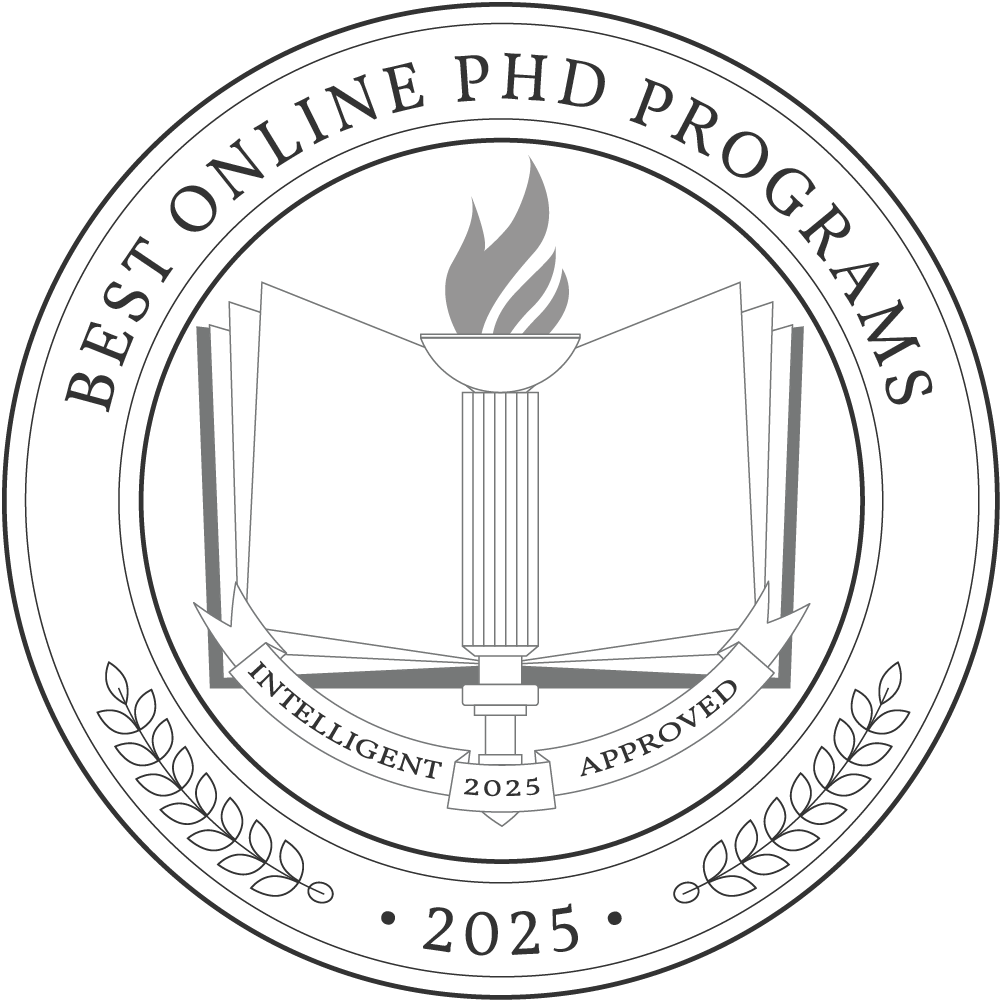Earning a PhD is among the highest educational achievements. Thanks to online learning, PhD degrees are more accessible than ever. But given the specific needs of doctoral students, including faculty mentorship, research support, and funding, choosing the right online PhD program can be challenging.
That’s why Intelligent.com’s research team evaluated dozens of online PhD programs based on multiple data points, including graduation and retention rates, cost, rankings, and curriculum, to create our list of the best online PhD programs in 2023. We also spoke with Blanca Villagomez, a program counselor and coordinator at UC-Irvine, for insight into the PhD admissions process, including what students should know about online PhDs and how to select an online PhD program, and answers to frequently asked questions.
Why Trust Us
The Intelligent.com Higher Education Team is dedicated to providing students with independent, equitable school and program rankings and well-researched resources. Our expert-driven articles cover topics related to online colleges and programs, paying for school, and career outlooks. We use data from the U.S. Department of Education’s College Scorecard, the National Center for Education Statistics, and other reputable educational and professional organizations. Our academic advisory team reviews content and verifies accuracy throughout the year for the most current information. Partnerships do not influence rankings or editorial decisions.
- Analyzed over 2,000 national, accredited, and nonprofit colleges and universities
- 800+ rankings pages are reviewed and updated yearly
- Content is informed by reputable sources, surveys, and interviews with academic advisors and other experts
- Over 100 data points are reviewed for accuracy and quality throughout the year, including sources
How we rank schools
Our list features the best online PhD degree programs at top colleges nationwide. Each school featured is a nonprofit, accredited institution — either public or private — with a high standard of academic quality for post-secondary institutions.
We evaluated each school’s program on tuition costs, admission, retention and graduation rates, faculty, reputation, and the student resources provided for online students. We collected data from trusted sources like the National Center for Education Statistics, individual school and program websites, school admissions counselors, and other data sources. Then, we calculated the Intelligent Score on a scale of 0 to 100 based on the following criterion:
Academic Quality:
- Admission rate versus enrollment rate
- Retention rate of students who return after year one
- Accreditation status (regional and programmatic)
- Nonprofit status, both private and public institutions
Graduation Rate
- Overall graduation rate
- Total number of currently enrolled students, including diversity metrics
- Student-to-faculty ratio
Cost and ROI
- In-state and out-of-state per-credit tuition rates and fees
- Required credits to graduate
- Earning potential after graduation
- Availability of federal student loans, scholarships, and other financial aid options
Student Resources
- Available student services for online-only and hybrid programs
- On-campus amenities like tutoring centers and the number of libraries
Read more about our ranking methodology.
The Top 30 Online PhD Programs
FiltersInstitution Type
Status
- Intelligent Score
- Alphabetically By University Name
- Acceptance Rate
- Enrollment
- In-state Graduate Tuition
- Out-of-state Graduate Tuition
- In-state Undergraduate Tuition
- Out-of-state Undergraduate Tuition
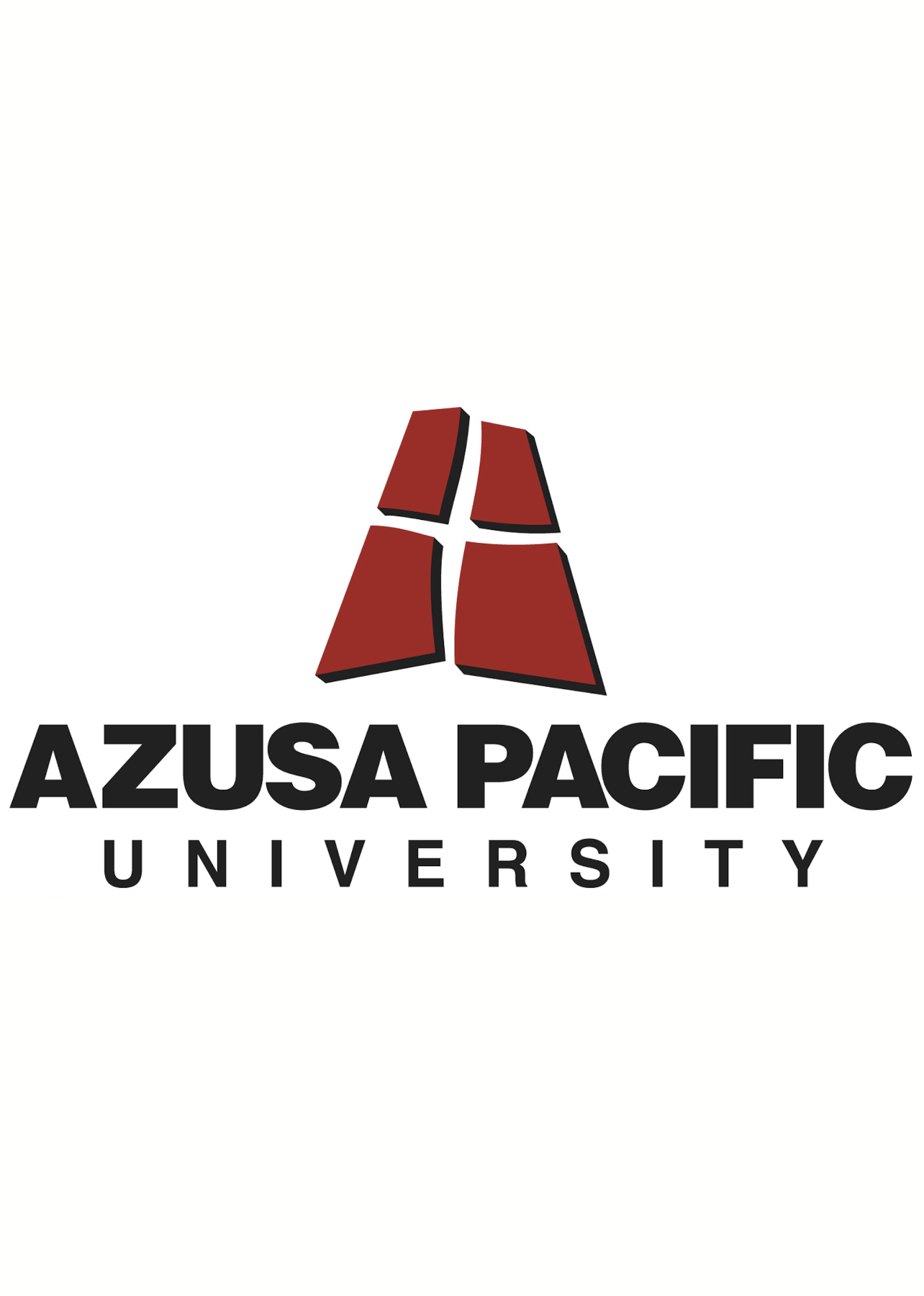
Azusa Pacific University
Intelligent Score: 99.19In-state: $40,830
Out-of-state: $40,830
In-state: $16,571
Out-of-state: $16,571
SAT: N/A
ACT: N/A
$1,157 - $1,230
Online, Hybrid
Western Association of Schools and Colleges Senior College and University Commission
58-62

Concordia University Irvine
Intelligent Score: 97.41In-state: $32,660
Out-of-state: $32,660
In-state: $9,090
Out-of-state: $9,090
SAT: 990-1180
ACT: 19-25
$795
Online
Western Association of Schools and Colleges Senior College and University Commission
60

CSP Global
Intelligent Score: 95.25In-state: $32,660
Out-of-state: $32,660
In-state: $9,090
Out-of-state: $9,090
SAT: 990-1180
ACT: 19-25
$690
Online
Higher Learning Commission
67

George Washington University
Intelligent Score: 94.03In-state: $55,961
Out-of-state: $55,961
In-state: $31,770
Out-of-state: $31,770
SAT: 1270-1450
ACT: 30-33
$1,650
Online
Middle States Commission on Higher Education
54
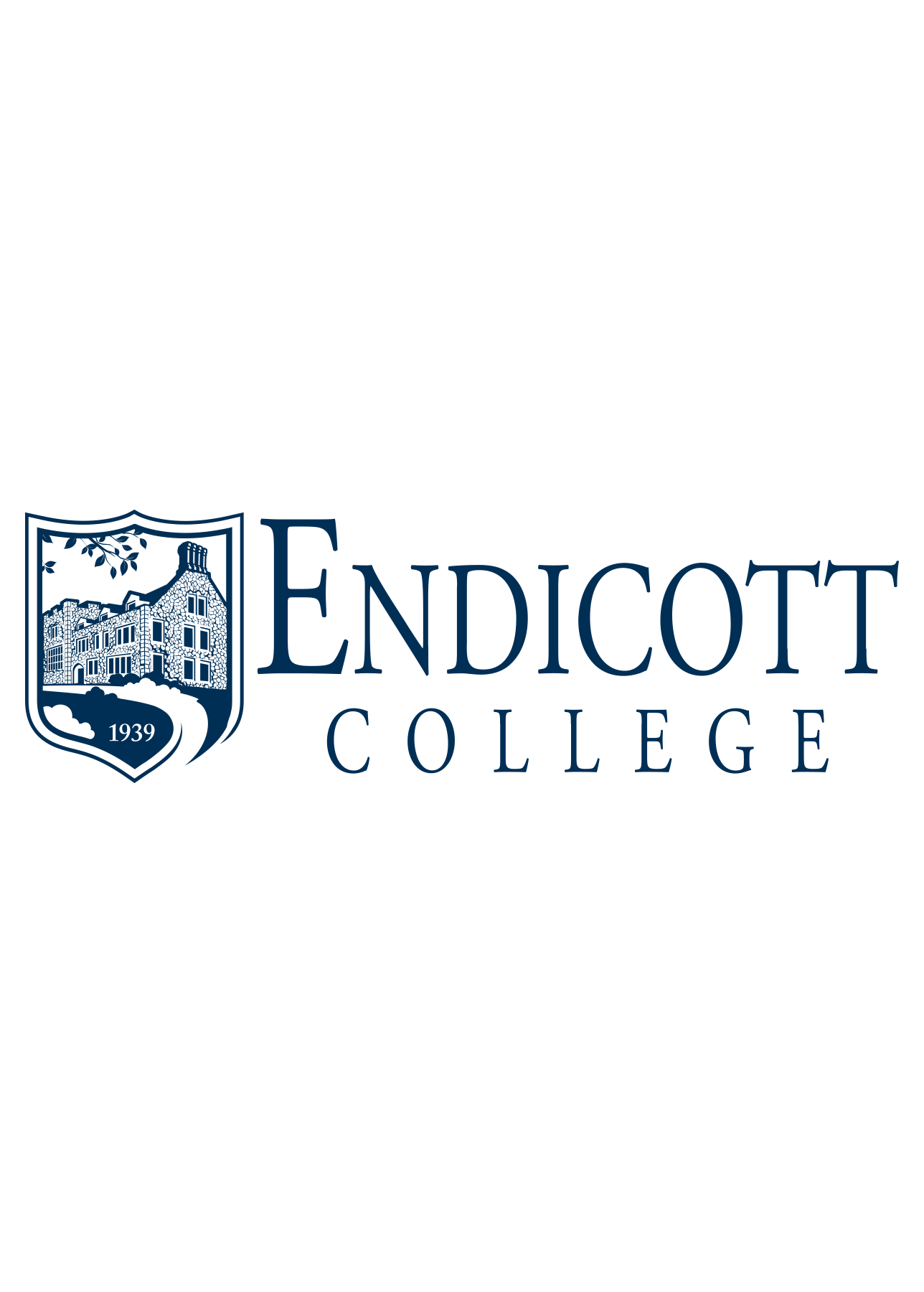
Endicott College
Intelligent Score: 93.84In-state: $34,470
Out-of-state: $34,470
In-state: $12,666
Out-of-state: $12,666
SAT: N/A
ACT: N/A
$1,015 - $1,133
Online
New England Commission of Higher Education
45-60

Gonzaga University
Intelligent Score: 93.57In-state: $46,060
Out-of-state: $46,060
In-state: $17,296
Out-of-state: $17,296
SAT: 1160-1350
ACT: 25-30
$1,170
Online
Northwest Commission on Colleges and Universities
60
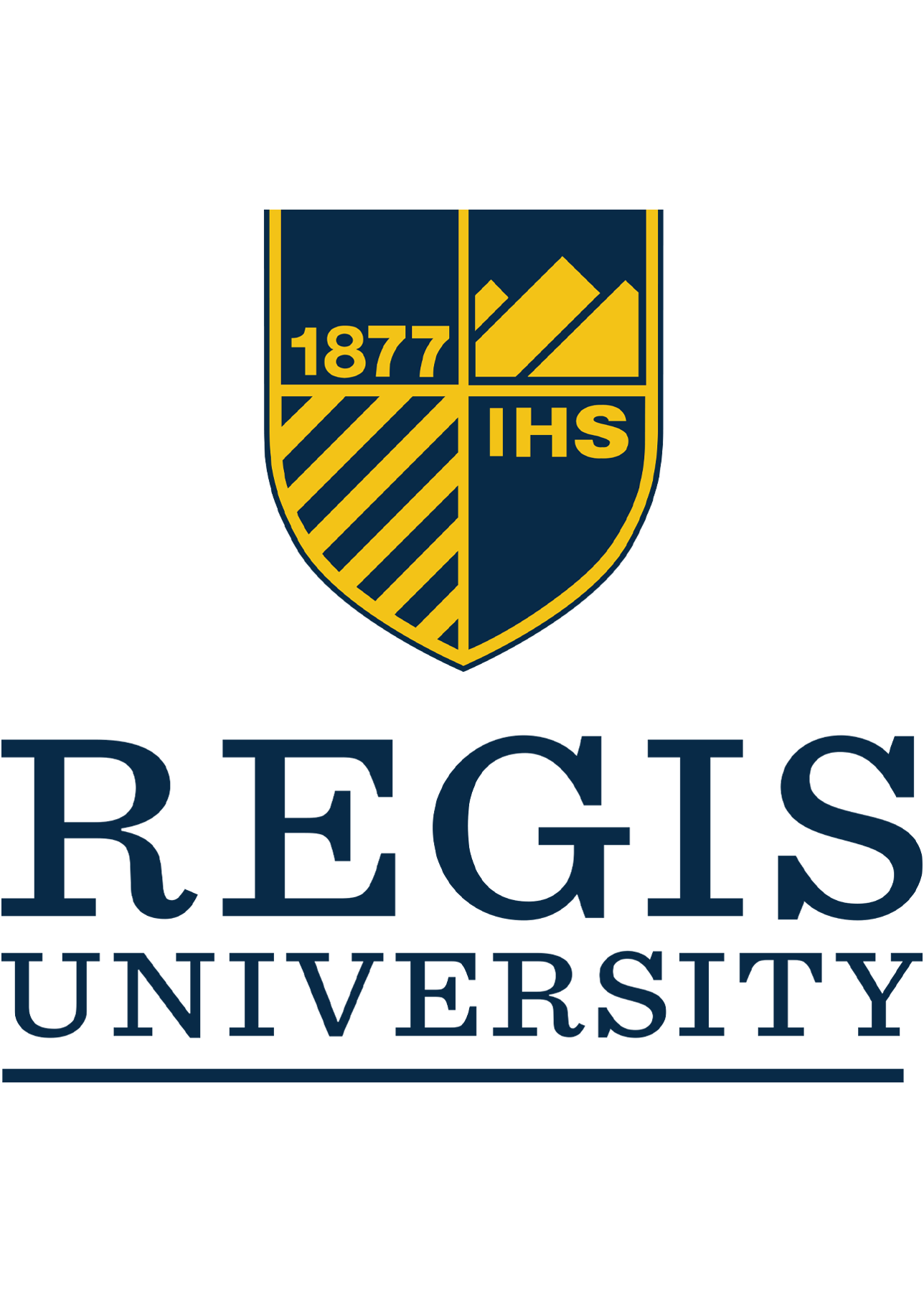
Regis University
Intelligent Score: 93.43In-state: $38,208
Out-of-state: $38,208
In-state: $14,322
Out-of-state: $14,322
SAT: 1000-1220
ACT: 21-28
$1,018
Online
Higher Learning Commission
36
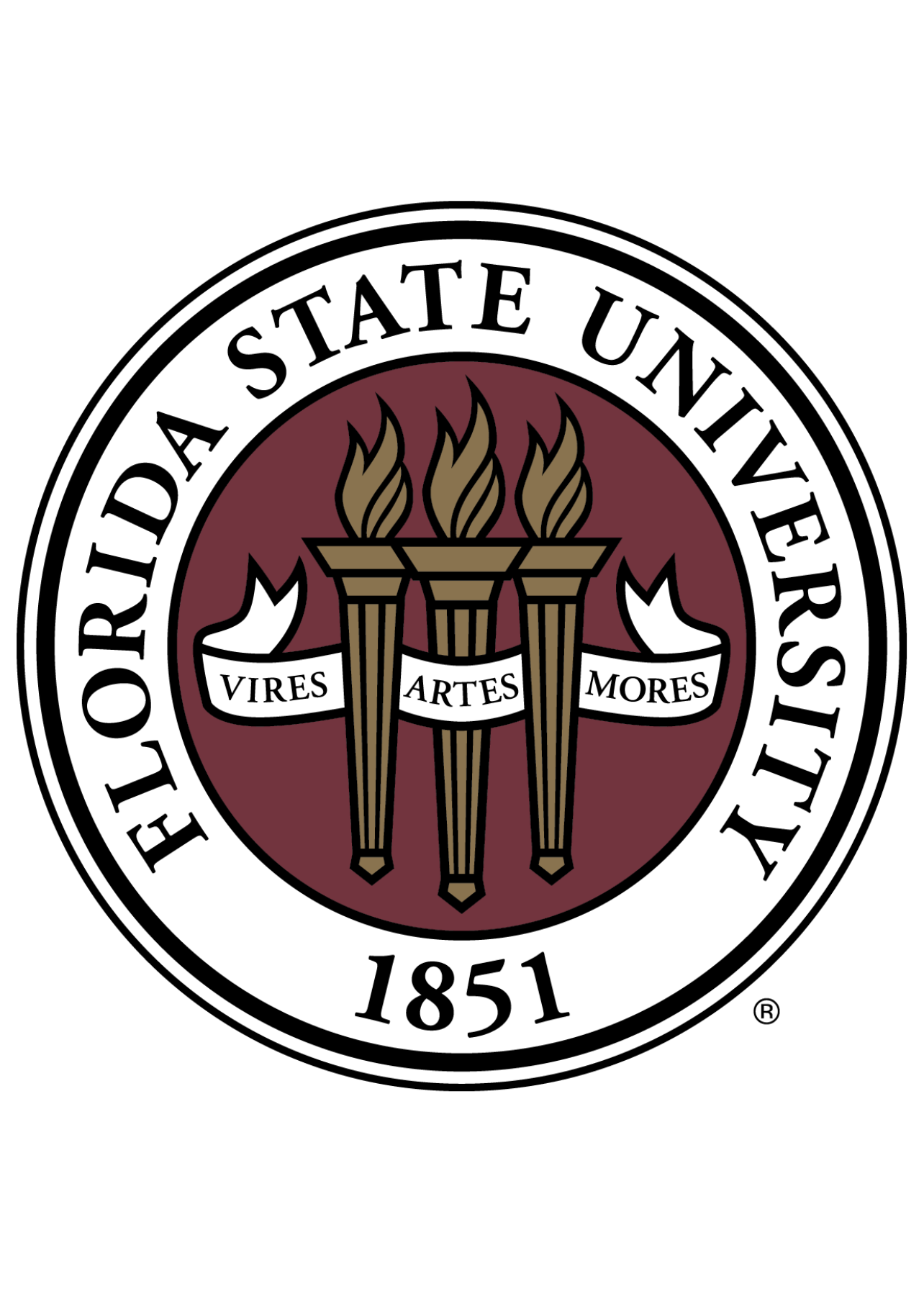
Florida State University
Intelligent Score: 90.06In-state: $4,640
Out-of-state: $19,084
In-state: $9,684
Out-of-state: $9,684
SAT: 1220-1350
ACT: 27-31
In-State: $444
Out-of-State: $1,076
Online
Southern Association of Colleges and Schools Commission on Colleges
68-78

University of Florida
Intelligent Score: 89.93In-state: $4,477
Out-of-state: $25,694
In-state: $10,770
Out-of-state: $10,770
SAT: 1290-1460
ACT: 29-33
In-State: $531
Out-of-State: $1,255
Online
Southern Association of Colleges and Schools Commission on Colleges
60

University of Arizona
Intelligent Score: 89.51In-state: $10,990
Out-of-state: $33,273
In-state: $11,938
Out-of-state: $11,938
SAT: 1090-1350
ACT: 21-29
$995
Online
Western Association of Schools and Colleges Senior College and University Commission
63

Indiana University
Intelligent Score: 89.32In-state: $9,815
Out-of-state: $36,194
In-state: $9,786
Out-of-state: $9,786
SAT: 1120-1350
ACT: 24-31
In-State: $515 - $1,545
Out-of-State: $681 - $1,545
Online
Higher Learning Commission
48-90

Clemson University
Intelligent Score: 88.78In-state: $14,118
Out-of-state: $37,110
In-state: $10,600
Out-of-state: $10,600
SAT: 1210-1390
ACT: 27-32
$656 - $994
Online, On-Campus, Hybrid
Southern Association of Colleges and Schools Commission on Colleges
54-70

Villanova University
Intelligent Score: 87.52In-state: $56,730
Out-of-state: $56,730
In-state: $20,619
Out-of-state: $20,619
SAT: 1320-1460
ACT: 30-33
$1,570
Online
Middle States Commission on Higher Education
46

Liberty University
Intelligent Score: 84.37In-state: $14,791
Out-of-state: $14,791
In-state: $7,935
Out-of-state: $7,935
SAT: 1040-1250
ACT: 21-29
$595
Online
Southern Association of Colleges and Schools Commission on Colleges
48-72

University of Wisconsin - Madison
Intelligent Score: 82.37In-state: $9,273
Out-of-state: $37,161
In-state: $10,728
Out-of-state: $10,728
SAT: 1260-1460
ACT: 27-32
Resident: $782
Non-Resident: $1,615
Hybrid
Higher Learning Commission
51

Wilkes University
Intelligent Score: 82.36In-state: $36,888
Out-of-state: $36,888
In-state: $26,400
Out-of-state: $26,400
SAT: 1040-1230
ACT: 20-26
$1,025
Online
Middle States Commission on Higher Education
47
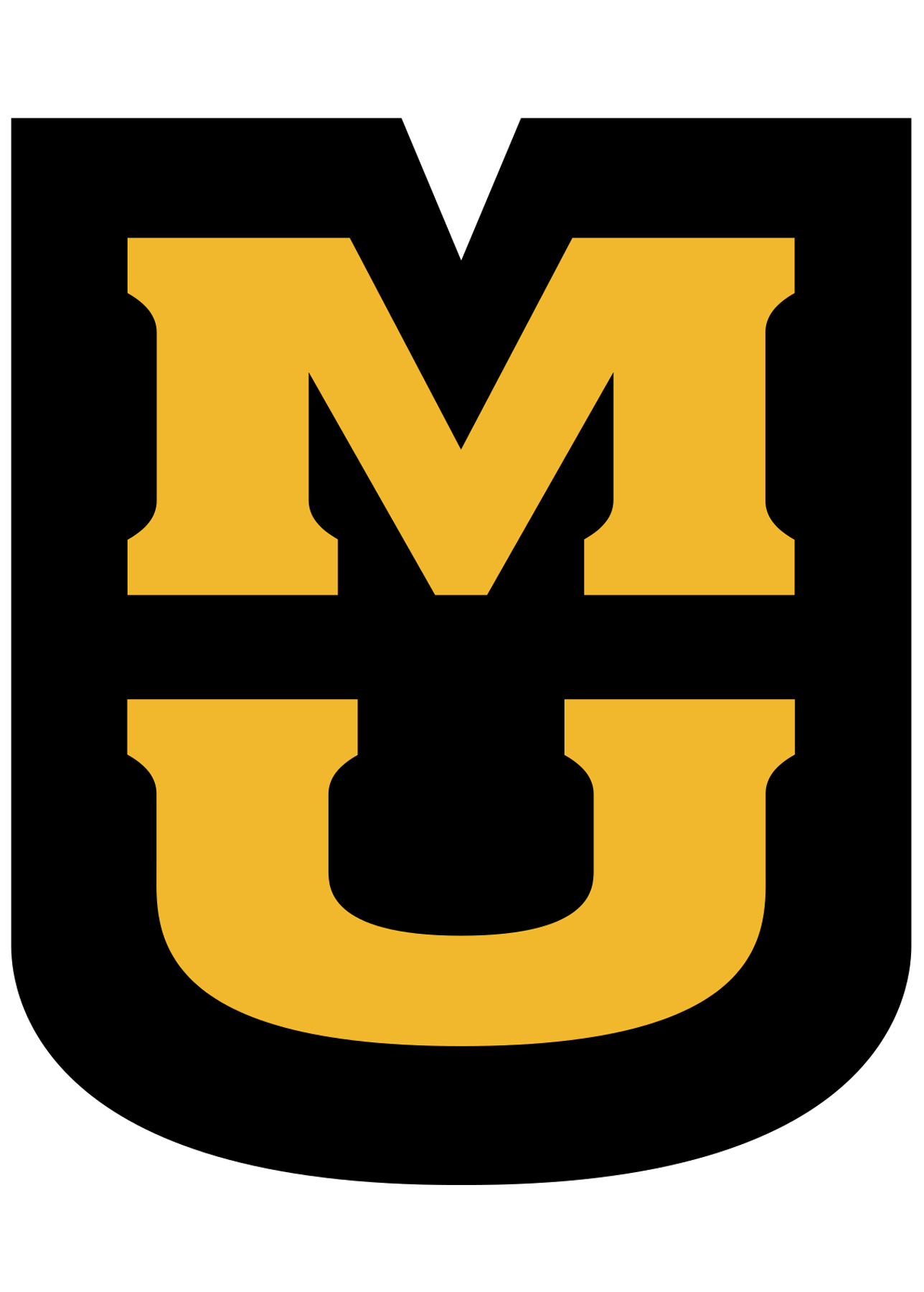
University of Missouri - Kansas City
Intelligent Score: 81.48In-state: $9,330
Out-of-state: $27,612
In-state: $9,478
Out-of-state: $9,478
SAT: 1110-1320
ACT: 23-29
$878 - $881
Hybrid
Higher Learning Commission
61-73

University of Central Florida
Intelligent Score: 79.6In-state: $4,478
Out-of-state: $19,810
In-state: $6,916
Out-of-state: $6,916
SAT: 1160-1340
ACT: 25-30
$288
Online
Southern Association of Colleges and Schools Commission on Colleges
63-72
What You Should Know About Online PhD Programs
As the highest level of education an individual can receive, a PhD is a significant investment of time and energy. Therefore, “It’s important to make an informed decision when choosing a PhD program,” Villagomez says. “The best fit is the one that will align with your career goals, research interests, and personal needs.”
Whether online or in-person, PhD programs typically include more independent study, research, writing, and 1:1 interaction with faculty than bachelor’s or master’s degrees. Therefore, there are some unique considerations students have to account for when selecting an online PhD program.
PhD versus professional doctorate degree
First, it’s important to understand the difference between a PhD (Doctor of Philosophy) and a professional doctorate degree, such as an EdD or DNP. A PhD is a research-focused degree, best suited for students who want to generate new knowledge in their field of study. A professional doctorate prepares students to apply the highest level of knowledge to their particular industry or job. Your current career and intended professional trajectory will influence which type of degree best suits you.
Research needs
As PhD programs are research-driven, gaining clarity on your specific research interests is another important step in the process. This will help you find a program that offers the faculty and institutional support and opportunities you’ll need to pursue your research interests. It will also help determine whether you’ll have in-person requirements, such as working in a lab or conducting field research.
Accreditation
As at other levels of post-secondary education, doctoral students need to ensure that the institutions they’re attending are going to provide a high-quality education. One way to do this is by verifying the school’s accreditation status. In the U.S., colleges and universities can have regional or national accreditation. Both types of accreditation ensure institutions are offering quality education, although regionally accredited schools are typically held to more rigorous standards. You can confirm a school’s accreditation status via the U.S. Department of Education’s database.
Non-profit and for-profit status
It’s also wise to check whether an institution is non-profit or for-profit, especially when dealing with online degrees. A school’s status can impact your ability to get student loans, influence how the administration spends your tuition money, and affect your post-graduation employment options.
In the world of higher education, for-profit schools are also commonly known as diploma mills, focused more on bringing in tuition money than on providing high-quality education. Non-profit schools, on the other hand, must spend their money on the institution, leading to more investment in infrastructure, faculty and staff, and student services.
Class schedules
Because of their highly specialized nature, PhD programs are often more flexible than undergraduate or master’s programs, even in brick-and-mortar settings. Online learning creates even more convenience with the ability to learn asynchronously.
In asynchronous classes, there are no set meeting times. Instead, lessons are taught via prerecorded lectures, videos, reading assignments, and homework, and students can access them 24/7. This learning format offers maximum scheduling flexibility, but requires strong self-motivation and time-management skills, and has limited opportunities for direct engagement with faculty and fellow students.
Other programs may teach through synchronous classes, which meet virtually at designated times, or a combination of asynchronous and synchronous classes.
Our Research
This list features some of the best online PhD programs at top colleges across the country. Each school featured is a nonprofit, accredited institution — either public or private — with a high standard of academic quality for post-secondary institutions.
We evaluated each school’s program on tuition costs, admission, retention and graduation rates, faculty, and reputation as well as the student resources provided for online students. Then we calculated the Intelligent Score on a scale of 0 to 100. Read more about our ranking methodology.
Next, we compared this comprehensive list of online PhD programs to a list of aggregated college rankings from reputable publications like the U.S. News & World Report among others to simplify a student’s college search. We pored through these rankings so students don’t have to.
Online Doctorate Programs That Might Interest You
Learn about start dates, transferring credits, availability of financial aid, and more by contacting the universities below.
Discover Specific PhD Degrees
Business & Management
Education & Teaching
Liberal Arts & Humanities
Nursing & Healthcare
Psychology & Counseling
Find The Best Online Degree Program For You
Online PhD Degree Frequently Asked Questions
How much does an online PhD degree cost?
According to EducationData.org, the average cost of a PhD is $96,800. The cost of certain professional doctorate degrees, like a Doctorate of Psychology, or PsyD, can be higher, at $115,500. Overall, a number of factors impact the cost of a PhD, some of which are unique to this type of degree.
Many PhD programs are fully-funded
One unique factor is the type of financial support schools offer PhD students. Many PhD programs are fully or partially funded, meaning the school covers some or all of the cost of a student’s tuition and fees, as well providing them with a stipend to cover living expenses.
This funding typically comes with work obligations, such as teaching undergraduate classes. Before accepting a funded place in a PhD program, students should confirm the work expectations and determine how their hourly wage breaks down. Many universities have recently come under scrutiny for their treatment of PhD students, particularly in regards to imbalances between work expectations and payments.
Tuition is the primary cost associated with an online PhD
Some PhD programs charge students tuition on a per-credit basis, while others charge a flat-rate tuition fee for the term (this is more common when students are in the dissertation phase of their program).
Either way, the specific tuition amount a school charges its students depends on a few factors.
- Institution status — Students will typically pay a lower tuition rate at a public university than a private university. The National Center for Education Statistics reports that in the 2020-21 academic year, the average annual tuition for graduate programs was $12,394 at public schools, and $26,621 at private schools.
- Student residency status — However, for public universities, there’s a caveat. These institutions often charge different tuition rates based on whether students are in-state or out-of-state. This is especially important to be aware of if you’re an online student attending a public college in a different state. Private universities charge students the same tuition regardless of where they live.
- Degree program — Schools may charge different tuition rates for different programs, based on popularity, resources needed to run the program, and projected ROI.
Other costs to consider for an online PhD
There are other costs to consider when creating a budget for your PhD. These include:
- Fees — Schools may charge students additional fees for online student services, technical support, labs, and more.
- Technology — Reliable, high-quality hardware, like a computer, webcam, and microphone, is essential for success in an online program. Students also need to invest in reliable, high-speed internet so they can fully participate in classes, watch videos and recorded lessons, and complete assignments without interruption.
- Research costs — Even if you don’t know what exactly your dissertation topic will be at this point, it’s worth it to consider what costs might be associated with your future research. Will you need access to labs or specific equipment? Does your research require travel? Are you going to need to compensate study participants? Find out if your program will cover these costs, or if you’ll be paying out of pocket.
- Travel — As mentioned before, even if your PhD classes can be completed online, you may still need to go to a physical location to complete research or clinical components of your program. This means transportation costs like gas, parking, or public transit. Also, many PhD programs encourage students to attend professional events like conferences and symposiums for networking and presentation purposes, which can mean paying for registration fees, accommodations, and transportation.
There are ways to make an online PhD more affordable
The good news is, there are some factors specific to online PhD programs that can help lower costs.
- Room and board — Online students don’t have to pay for room and board at their school, meaning they have more control over what they pay for housing, food, and other living expenses.
- Location — Even if you’re attending a school located in a pricey area, being an online student means you can live somewhere with a lower cost of living. Additionally, many public schools are now offering the same tuition rates to students regardless of their residency status.
- Maintaining a job — Having a more flexible class schedule means it’s easier for students to work full- or part-time jobs while completing their degree. Besides maintaining a source of income, this can also help students if their employer offers tuition assistance benefits.
Calculating the overall cost of a PhD can be tricky. If you have questions, we recommend you contact the school’s financial aid office to review specifics of tuition and fees as well as funding opportunities.
How long does it take to earn an online PhD degree?
The length of time it takes to earn an online PhD degree varies due to the research emphasis and curriculum design of these types of programs.
“Earning a PhD requires a much longer time investment compared to a bachelor’s or master’s degree,” Villagomez says. “Many programs require a minimum commitment of four years, while others can extend well beyond that.”
Unlike bachelor’s and master’s degrees, which typically have structured class sequences designed to be completed in a minimum amount of time, PhD programs include more independent study and open-ended research.
PhD students typically participate in 1-2 years of structured classes, before moving into the dissertation phase of their program. The length of time a student spends on their dissertation varies based on the particular field, their dissertation topic, funding, research parameters, and other factors. Many programs typically give students 3-5 years to complete their research and defend their dissertation, although this depends on the specific program, area of study, and dissertation topic.
Earning a PhD online may help students complete their degree faster, as they may have the flexibility to move through coursework at a quicker pace than if they were participating in on-campus classes. If you have questions about the duration of your program or options for accelerated online classes, talk to a program faculty member or admission representative.
How do I apply to an online PhD degree program?
The advanced nature of PhD means that most programs are selective, with a rigorous application process. Therefore, it’s important to carefully review application steps and admissions requirements before beginning an application. Some programs have specific qualifications, such as a minimum amount of work or research experience or a specific master’s degree.
The first step in applying is submitting an application and other requisite application materials. These can include transcripts from your bachelor’s and master’s programs, recommendation letters, a resume, a personal statement, and GRE scores.
Other application materials that PhD programs may request include research (either published or in manuscript form), professional credentials, and academic writing samples. In-person or virtual interviews with faculty are also common in the PhD application process.
Is earning a PhD degree worth it?
“Earning an online PhD can provide you with opportunities to advance your career, develop an area of expertise in your chosen field, and produce scholarly research,” Villagomez says.
They can also increase an individual’s earning potential, while lowering their risk of unemployment. The U.S. Bureau of Labor Statistics (BLS) reports that the median weekly salary for individuals with a professional degree is $1,924; PhDs earn $1,909. Meanwhile, in 2021, the unemployment rate was just 1.5% for those with a PhD, compared to an overall unemployment rate of 4.7%.
While career opportunities for PhDs vary based on field of study, one common career path for doctoral students, college professors, is experiencing faster than average growth. BLS predicts that postsecondary institutions will add 132,600 new instructor positions by 2031.
However, Villagomez offers a word of caution. “It’s important to keep in mind that PhD programs often require a minimum commitment of 5 years, while others can extend well beyond that. While an online PhD program can offer more flexibility and provide access to a niche academic community, determining its worth depends on your personal needs, educational goals, and potential career outcomes. I recommend you evaluate those variables seriously to make an informed decision.”
How to Choose the Right Online PhD Program
If you’re ready to pursue a PhD degree, here are the key steps to get you started.
Step 1: Confirm that an online PhD is right for you
Do preliminary research to confirm that earning a PhD online is an option for your field of study, or if there will also be in-person components you’ll have to complete.
This is also an ideal time to reflect on the commitment and energy a PhD program, even an online one, requires, and how you’ll fit your PhD work into your daily life. This is particularly important for individuals who’ll be attending school while working, raising kids, or fulfilling other personal obligations.
Also consider what kind of learner you are, especially if this is the first time you’ll be learning online. Individuals who are kinesthetic or visual learners will need to adjust to online instruction methodologies, which tend to rely on readings, lectures, and pre-recorded videos.
Step 2: Research schools and programs
Once you know an online PhD is right for you, it’s time to start exploring available programs. You’ll likely start your search based on your field of study, but there are some parameters you can set to ensure the program meets your needs. Basic filters include synchronous or asynchronous classes, a fully remote or hybrid program, full-time or part-time enrollment, and daytime, evening, or weekend classes.
Villagomez also advises students that, because of the focused nature of doctoral study, it’s more important to ensure they fit within their specific department rather than in the larger university. One way students can determine this is by considering the reputation of the department’s faculty.
“Since PhD programs require close working relationships with professors, specifically faculty advisors who support your research and dissertation, you need to consider faculty reputation when choosing a program,” Villagomez says. “Evaluate faculty profiles and research to see if it aligns with your interests.”
Whenever possible, seek out opportunities to engage with faculty from the programs that interest you, through virtual open houses and recruitment events, professional conferences, and social media. Building these relationships is also helpful as faculty typically play a role in admissions decisions for PhD students. You can also learn more about programs Schools and programs increasingly use social media as a way to engage with prospective students as well.
Prospective PhD students should also be mindful of funding options, Villagomez says. PhD students rely heavily on assistantships and fellowships to subsidize their education research. It’s important to research what financial support a program provides students, to ensure you have the means to complete your degree.
Step 3: Prepare for tests and applications
As you’re researching programs, you’ll also want to make note of their application requirements and deadlines.
Because of the specialized nature of PhD degrees, programs tend to be highly selective and have rigorous admissions requirements. These can include specific master’s degrees, professional experience thresholds, examples of prior research, and minimum scores on tests like the GRE. You’ll want to ensure that you meet all the minimum requirements of a particular program before investing the time and money in applying.
Being mindful of admissions deadlines can also help you stay on track. Some programs only accept new students once a year, while others offer multiple enrollment opportunities. If you’ll need to complete admissions requirements, like preparing for and taking the GRE, you’ll want to give yourself extra time for that step in the process.
Step 4: Select your program
Once you’ve researched programs, consulted with faculty, determined funding opportunities, and gotten answers to all your questions, it’s time to decide which program or programs you’ll apply to.
Because of the specialized nature of PhDs, students tend to apply to fewer programs than they would for a bachelor’s or master’s. That said, there’s no magic number of PhD programs you should apply to. Focus on the programs that will provide you with the research, professional development, and networking opportunities you seek, and put your best foot forward in your applications to those schools.
Step 5: Determine how you’ll pay for your degree
Financing a PhD looks somewhat different than paying for a bachelor’s or a master’s. PhD students rely more heavily on funding from schools and programs in the form of assistantships and fellowships, but those often come with work obligations, such as teaching. Selection for certain types of funding may be competitive as well. Students should make sure they understand the types and amounts of funding a program provides, so they can budget accordingly.
Individuals who are employed may choose to continue working while they earn their PhD. In this case, you should find out if your employer provides tuition assistance benefits, which can help offset the cost of your program.
Online PhD Degree Scholarship Database
Intelligent Scholarship Finder Tool
(ISC) Graduate Scholarships
Award Amount: $1,000 - $5,000
Due Date: Closed for 2024
AAUW International Fellowships
Award Amount: $20,000
Due Date: November 15, annually
AAUW's Fellowships and Grants
Award Amount: Varies
Due Date: 11/15/24
AICPA Fellowship for Minority Doctoral Students
Award Amount: $12,000
Due Date: Closed for 2024
Ann Olson Doctoral Scholarship
Award Amount: $7,500
Due Date: Closed for 2024
Berkman Charitable Foundation Scholarship
Award Amount: $1,000
Due Date: July 15, annually
Byron Hanke Fellowship
Award Amount: $3,000-$5,000 over one year, or as determined by the Foundation
Due Date: Closed for 2024
E. Craig Brandenburg Scholarship
Award Amount: $1,000 - $2,000
Due Date: Varies
Fahs-Bek Doctoral Dissertation Grant
Award Amount: $5,000
Due Date: Not listed
Ford Foundation Predoctoral Fellowship
Award Amount: $27,000
Due Date: Not listed
Learn More About Online PhD Degrees
Have additional questions about earning an online PhD degree? Our research team and experts have provided answers to students’ frequently asked questions about online PhD degrees, including how to get a PhD online, how much an online PhD degree program costs, and the legitimacy of online PhD programs. You can find these resources below.
